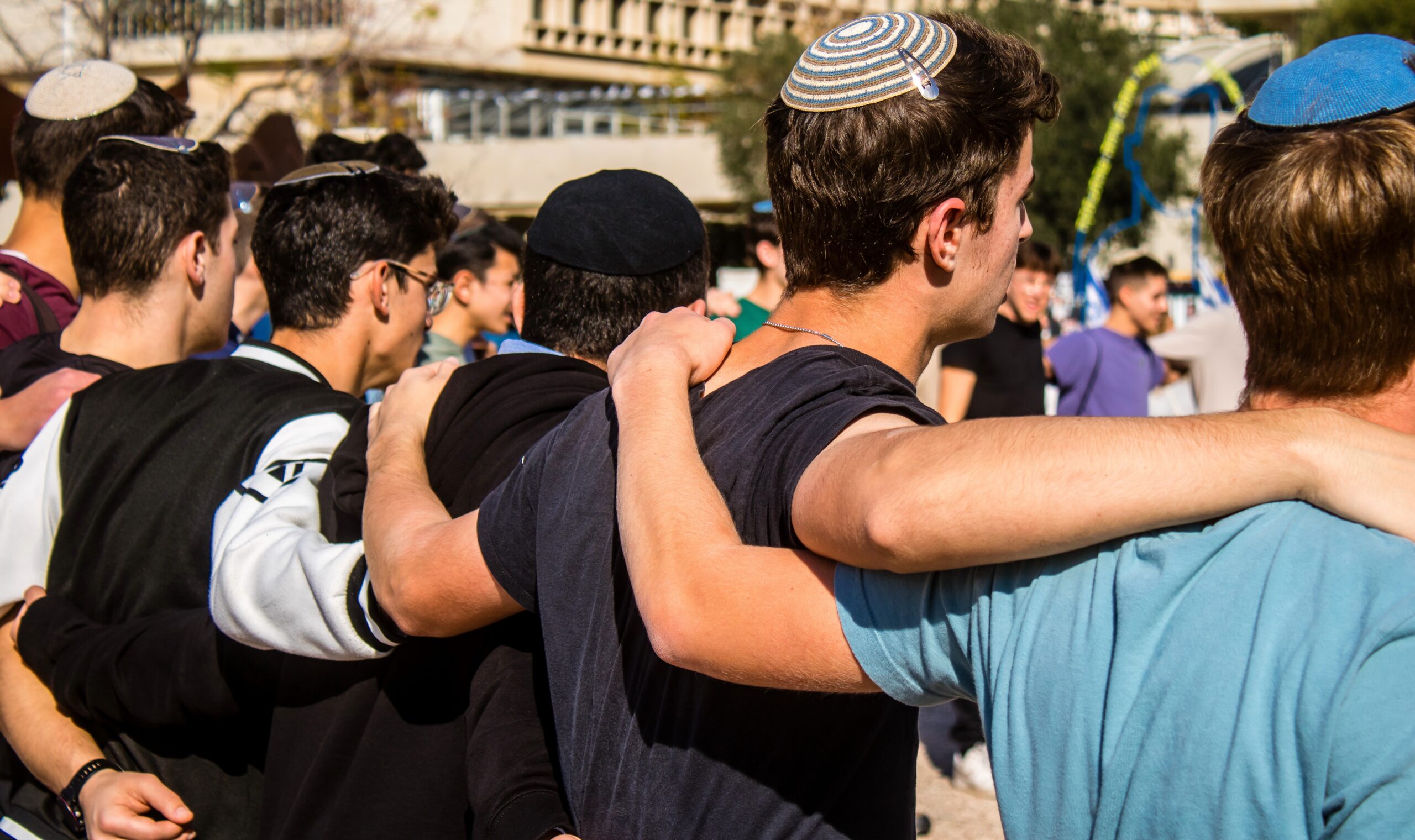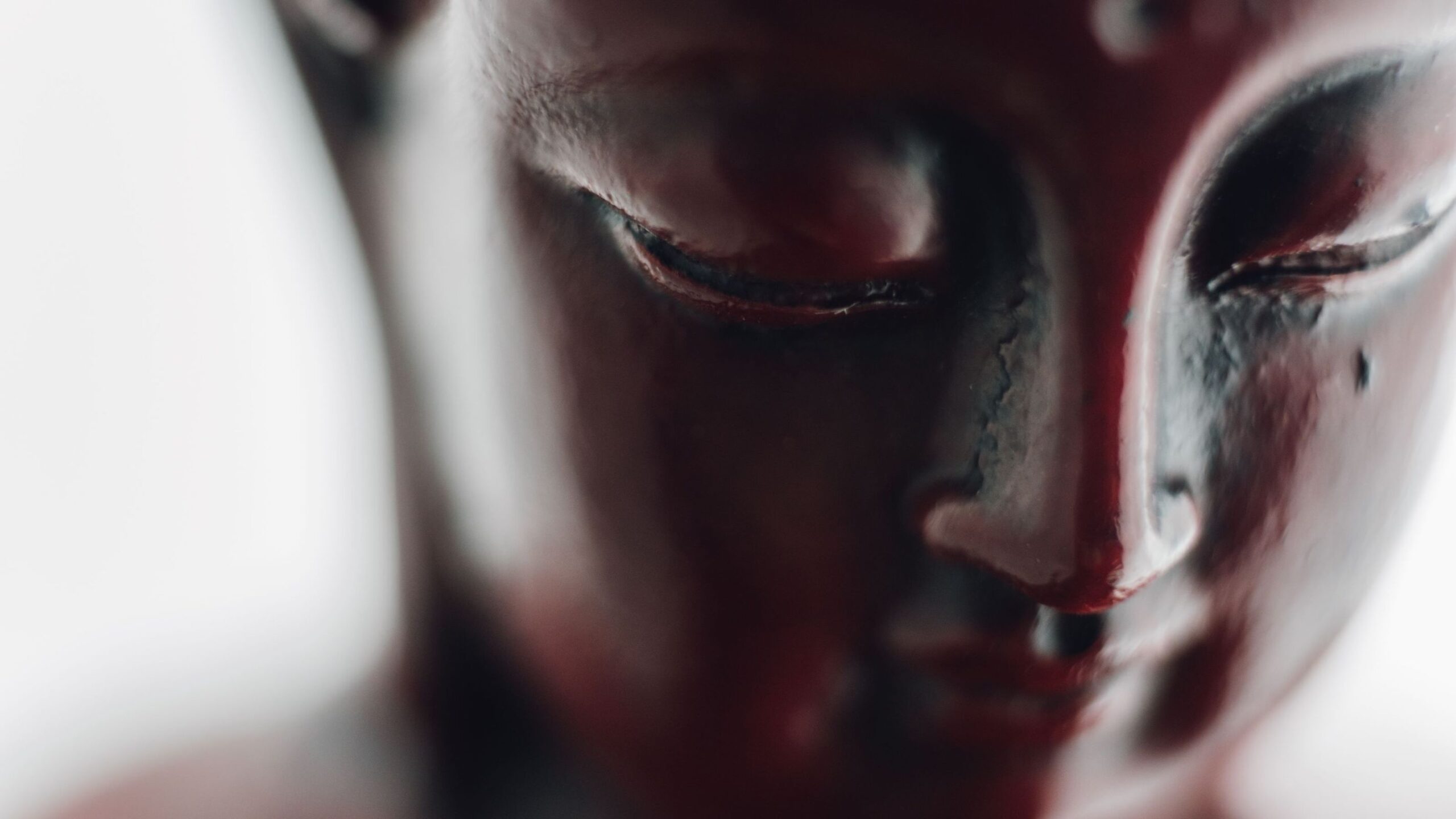Poor People Go to Hell
September 17, 2023

Much has been said and done in the past decade (also, to be fair, the past millennium) that turned Christianity upside down. But now it is doing backflips.
When I read that the Most Rev. Paul Ssemogerere, archbishop of Kampala’s Catholics, had declared that God did not love the poor, I felt sure his words had been taken out of context. But no, there he was, vowing not only that the poor would burn in hell but that he himself would stand at the gates and turn them away.
“God is not taking you to heaven if you are poor,” he warned, no caveats to soften the impact. “You are not going. So, do not sit there and assume that the poor are the ones going to heaven, not at all.” Anticipating blowback about the Beatitudes, he said, “We always misinterpret the Gospel.” Then he made himself even clearer: “God will say to you, ‘I gave you eyes and the brains; I gave you hands and I gave you health and yet you died poor? He will say go to hell!”
The words were so strong, I wondered if he was trying to shock his flock into action, jar them into hope. Maybe he was speaking only to a small group of parishioners he felt had grown passive and lazy? Maybe he thought they were justifying their suffering as devout, and he wanted to smash the equation?
Ah, no. He was speaking at a retired papal diplomat’s Golden Jubilee, and his sizable audience included bishops and priests, among them the Apostolic Nuncio to Uganda, Archbishop Luigi Bianco. Despite the firestorm Ssemogerere’s words set off among Ugandan theologians, I was unable to find any comment by Bianco. I watched a video of the event. Ssemogerere was indeed exhorting, and I could sense no sarcasm or deliberate exaggeration. He seemed dead serious, though what could have been nervous laughter followed each declaration. A writer on the archdiocesan staff reported that the archbishop had made “an altruistic, affectionate and introspective statement: ‘…the poor will not merit Heaven.’” Altruistic? Affectionate? The writer noted the archbishop’s reference to the parable of talents (Mt 25:14-30): “for to everyone who has, more will be given, … And cast the unprofitable servant into outer darkness. There will be weeping and gnashing of teeth.”
Mine are clenched, pre-gnash. Kampala is not an anomaly: Russell Moore, editor-in-chief of Christianity Today, told NPR about U.S. evangelicals who heard their pastor preach about the Beatitudes and asked where he got those “liberal talking points.” When he said he was “literally quoting Jesus,” they replied, “Yes, but that doesn’t work anymore. That’s weak.” My most conservative and devout friend recently snapped, when I used “What would Jesus do” to counter an economic argument, “Oh, forget Jesus.” Donald Trump, in all his amorality, has been raised up as strong, and Christ seems to be suffering by comparison.
The theology is confused, but at least the disenchantment is honest. I always managed to blithely ignore the hard parts of Christianity: the radical generosity and voluntary simplicity, the forsaking of one’s comfort zone, the refusal to judge, the seventy-times-seven forgiveness. As G.K. Chesterton put it, “The Christian ideal has not been tried and found wanting; it has been found difficult and left untried.”
Now, Christians are appalled by the inversion of their faith—or have been appalled by Christian leaders who called AIDS and 9/11 punishments from God; priests and ministers who abuse children; evangelicals who steal from the collection basket and scream at sinners while hiding their own vices—and they are leaving. The Great Dechurching describes this as “the largest and fastest religious shift in the history of our country.” If current trends continue apace, then by 2030 less than half the country will be Christian.
In whom will we trust?
That is an odd question for me, sitting outside the lines, to ask. But I left Catholicism the way a kid moves away from home and leaves half their stuff in their old bedroom. I hated its dogmatic, money-driven, sex-obsessed, exclusive, smug, judgmental side. But I loved much about the religion, and I loved having grown up Catholic. All religions should give children meaningful stories, colorful rituals, a moral framework, seasons organized by a sacred calendar, a transcendent sense of meaning and purpose. All religions should make room for the grown-ups to move toward a more open, meditative, inclusive, deconstructed experience. Maybe we could even hold on to what is best about religion if each denomination stopped insisting it possessed the only truth.
Humans need something bigger than our paltry, grasping, scared little selves. We need to act in the world for a purpose higher than our own desires. Institutions that gave us ways to do that—the church, the nation, the traditional family—are crumbling. In place of shared patriotism, we have political parties with the fervor of oldtime religion, and they are being misused just the way religion was: to shore up the ego and let people feel safe and right and smug.
What happens if Christianity loses sway? Again, what nerve, for someone “fallen away” to ask that question. But I am keenly aware that in Catholicism’s case, losing the organized framework would mean losing the food pantries, the domestic violence shelters, the schools and universities, the humane influence on health care. Lose the sacraments, and you lose that connection between the holy and the everyday, that sense of a world imbued with the sacred. Lose the teachings, and you lose the emphasis on self-sacrifice, redemptive love, social justice—and the Beatitudes.
With Christianity diminished, it could become even harder for us all to figure out how to live together. Many Jews and Buddhists combine agnostic humility with thoughtful questioning and practical codes of conduct, but Christianity tends to put itself forth as having the answers. Without it, we are gobbling up secular wisdom about how to love, how to parent, how to be happy, how to give back, and how to find meaning. We pore over modern advice columns by ethicists, judges, and psychologists. We demand of Reddit, “Am I the asshole?”
We are, in other words, muddling along, dechurched and left to our own devices. The only people who seem sure of how to live are the handful of Christians who stay busy deciding who will burn in hell.
Read more by Jeannette Cooperman here.






